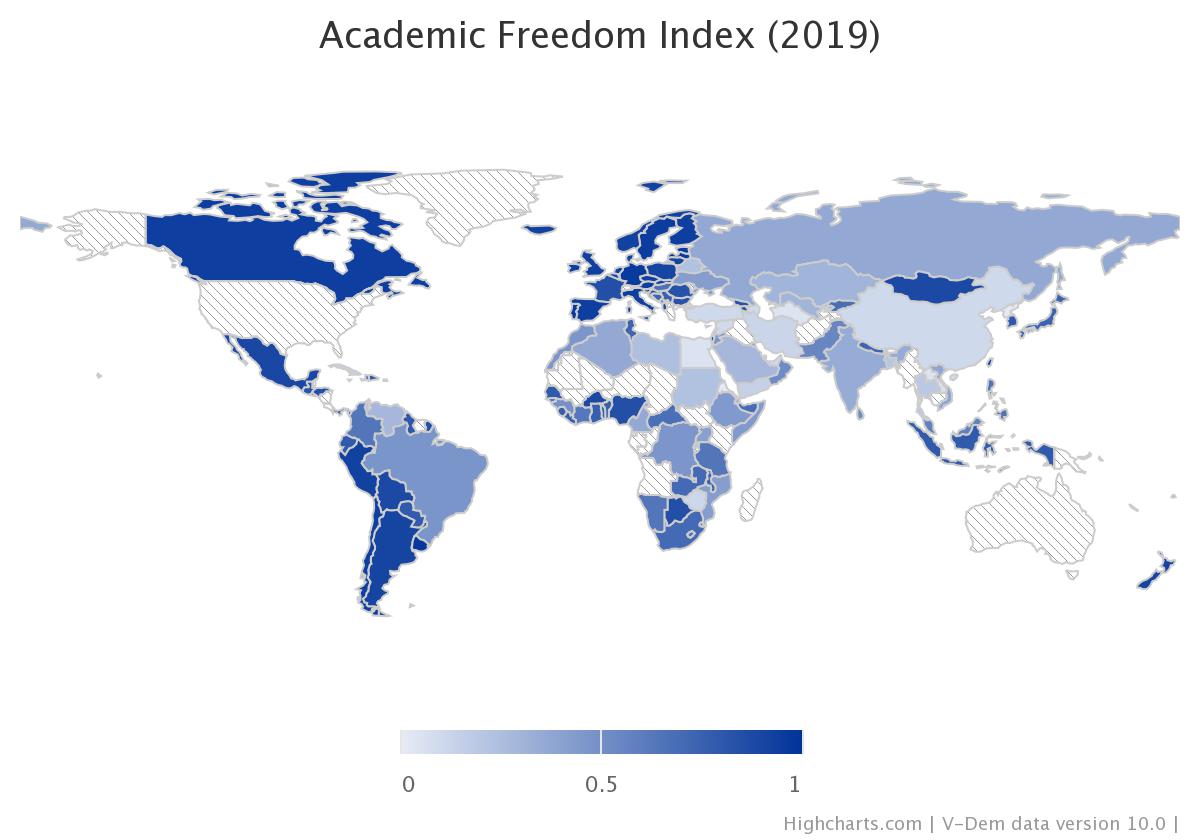UN World Science Day for Peace and Development
By: Ana Laura Ferrari
Nov 10, 2020
November 10 is the United Nations World Science Day for Peace and Development. This celebration was created to underline the importance of science for people's daily lives. Science and technology advancement has dramatically increased life expectancy, worldwide, in the last century. The development of vaccines and medicines has reduced maternal and child mortality and many diseases have been eradicated. Moreover, scientific findings can guide policies and legislation and foster economic growth. Cutting-edge research has a fundamental role in improving living conditions and economic opportunities for citizens worldwide.
In 2020, the theme of the World Science Day is: "Science for and with society in dealing with the global pandemic." The coronavirus pandemic has led to the death of more than one million people so far. In this critical situation, it is ever more important to remember the importance of science. Right now, thousands of researchers at various universities and institutions are working to find a coronavirus vaccine. The hope of returning to a normal life crucially depends on scientific innovations and new technologies. Still, researchers in many countries do not have the freedom to pursue their professional goals.
The map below shows the Academic Freedom Index for 2019. This V-Dem index measures the extent to which academics are free to teach, carry out research, disseminate their results, and express their opinions. It also reflects whether higher education institutions are autonomous and free from censorship. Darker blue shadings indicate higher levels of academic freedom. Countries with codings from less than three country experts were excluded from the published dataset (hatched countries).
We see on the map that academic freedom varies greatly between world regions. In Europe and South and North America, scholars have more freedom to carry out research and teaching activities. However, in other regions, such as Northern Africa, the Middle East and Southern Asia, science is not free from restrictions. Countries with particularly low levels of academic freedom are China, Turkey, and Iran, which score 0.1, 0.1, and 0.12 respectively on a scale that ranges from 0 to 1.
The lack of academic freedom in some parts of the world is worrisome because combatting the coronavirus requires a global effort that crucially depends on international cooperation and transparency. The more governments guarantee academic freedom, the better our chances of solving the pressing challenges of our times. The world, as a whole, benefits from greater recognition of science's importance.


